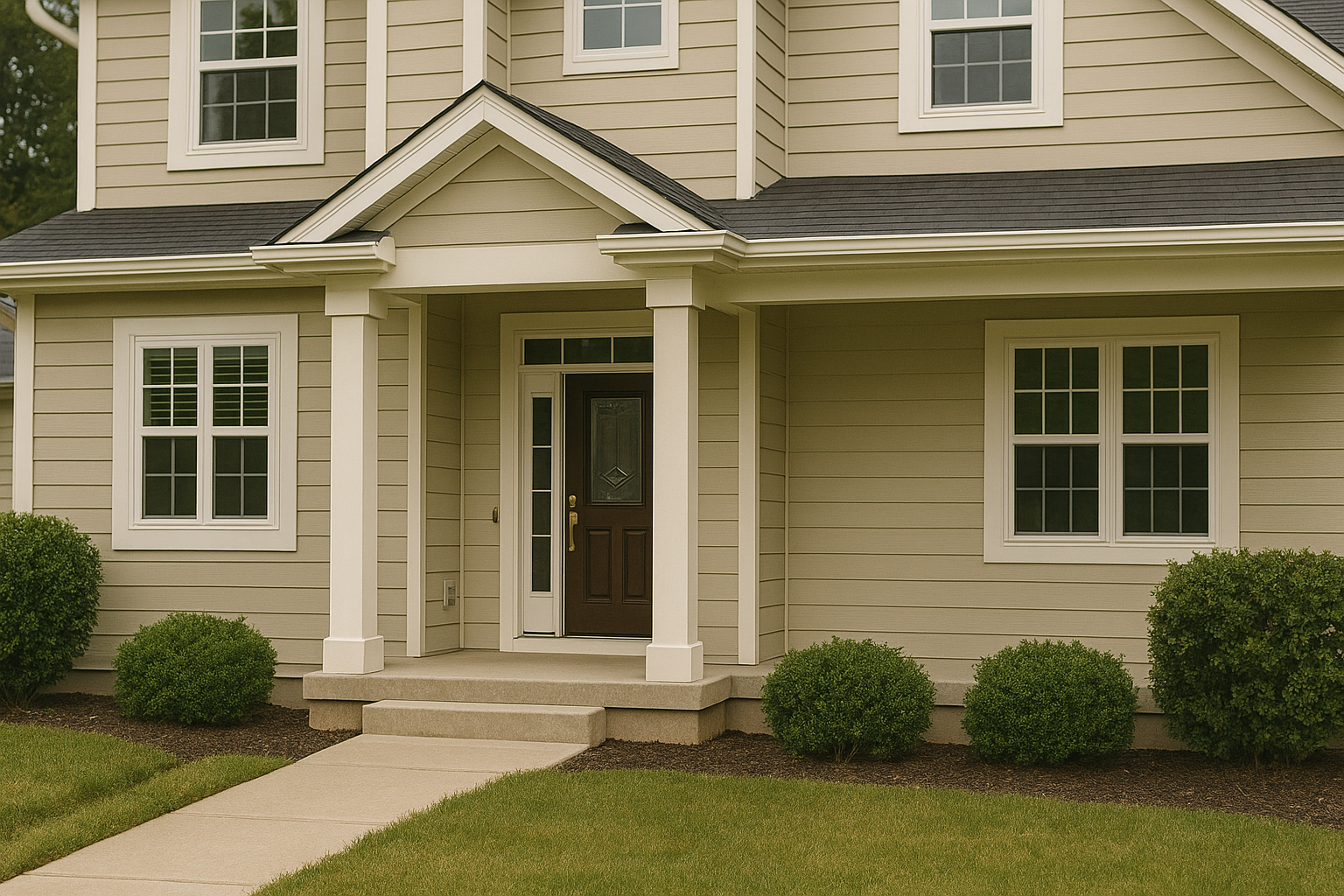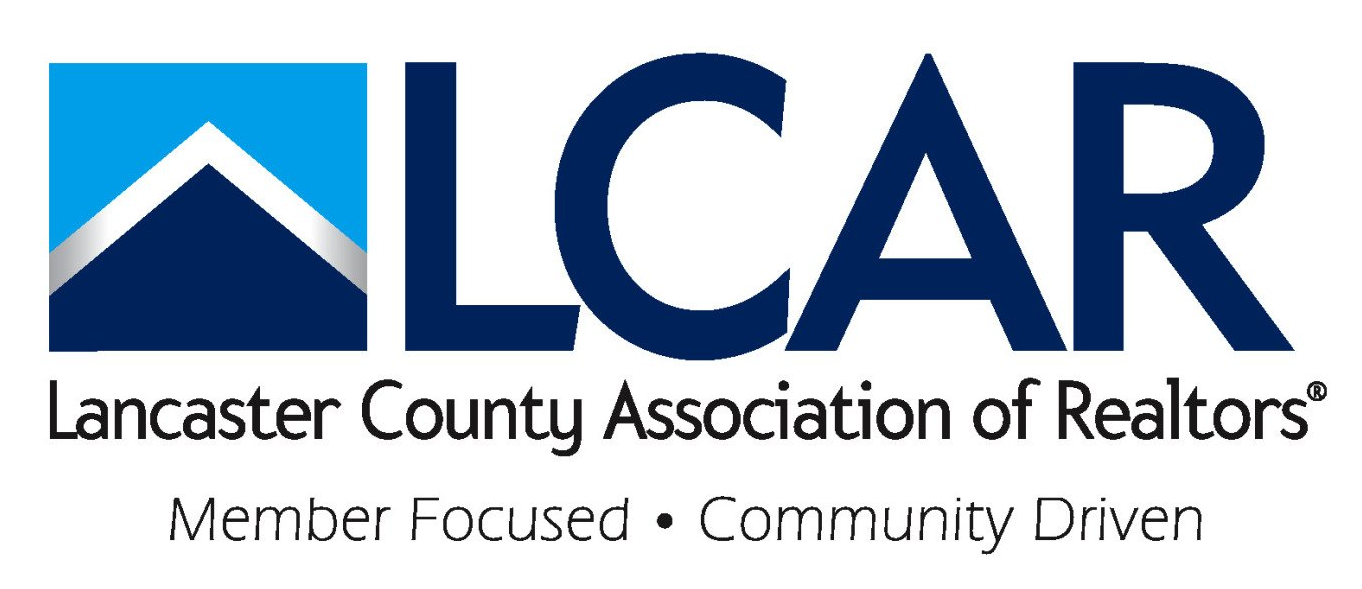Appliance Maintenance Tips

Like everything else in life, regular maintenance is key in helping to keep your home’s major appliances in proper working order for a long time. This article provides some tips which can help keep them working as designed, help keep your energy costs in check, and help prevent future headaches.
Refrigerator/Freezer –
A refrigerator/freezer works on the same principle as an air conditioner. It uses a refrigeration cycle to move heat from inside the appliance and redistribute it to the kitchen air. It does this through the appliance’s rear opening(s) using coils, a refrigerant, and a compressor. To function properly, the refrigerator must have, at least, a few inches between the appliance’s rear and the adjacent wall. Without this needed space, the appliance works extra hard which means it runs longer, raises your electric bill, and may also shorten its life.
The back of the refrigerator/freezer needs to be cleaned regularly (at least annually) because dirt, dust, and cobwebs can limit this needed air flow of heat out of the appliance. Sometimes a plastic or cardboard cover needs to be removed. A vacuum cleaner with a hose attachment can make short order of this cleaning.
Checking the door gaskets of the refrigerator/freezer is important. Over time, the door gaskets can become deformed. If this happens, cold air leaks out of the refrigerator or freezer making the unit work inefficiently and harder. Again, this means higher electric bills. Freezers should be set between 0~10º F and refrigerators between 32~39º F. Also, if your refrigerator/freezer has a water line behind it, check it periodically for leaks.
Dishwasher –
The job of a dishwasher is to clean and sanitize your dishes, glasses and silverware. If improperly installed or maintained, it can’t perform this function well. Something that I find very often when inspecting homes is the dishwasher drain is not properly installed. Dishwasher installation instructions normally tell the installer to either use an air gap or a high loop although this is often ignored. Either option helps prevent the backwards flow of dirty contaminated water back into the dishwasher. High loops are a simpler option.
In most cases, the dishwasher’s semi-flexible drain line runs through a cabinet wall between the kitchen sink and the dishwasher. Ideally, this drain penetration should occur up high (just under the countertop) but should it occur near the cabinet’s lower shelf, a portion of this drain should be clamped up high (just below the countertop) so that the drain then discharges downhill either into the sink drain pipe or a disposal. If the termination location is the high point of the drain’s run, dirty contaminated water can easily run back into the dishwasher by gravity.
Many people also never clean the filter which is located below the dishwasher’s lower spray arm. This filter is where the dirty water from the dishwasher’s cleaning cycle drains out. Large food debris can clog this filter resulting in water accumulating at the bottom of the appliance. The filter most often snaps in and out of place for cleaning.
To prevent the dishwasher’s door from leaking, regularly inspect the perimeter rubber gasket. With regular usage of the dishwasher, the gasket should stay semi-flexible due to water. If the dishwasher gets used rarely, this gasket tends to dry out and then the door leaks once the dishwasher is run again.
Stove/Oven –
The maintenance needed with a stove/oven is pretty simple and really just entails cleaning the cooktop and oven’s interior. Glass cooktops should be cleaned with a cleanser meant for that purpose; abrasive cleaners can damage glass cooktops. Old food debris on the cooktop or inside the oven can potentially catch fire. Many ovens have a self-cleaning function which is often helpful in removing caked-on debris inside the oven.
A safety feature which I find missing in approximately 95% of the homes that I inspect is the anti-tip bracket. Since 1991, floor-mounted (free-standing) stoves have come with an L-shaped metal bracket that gets mounted to the floor behind the stove. A small groove in the stove’s rear or bottom allows the appliance to slide into the bracket. The anti-tip bracket’s purpose is to prevent the stove from tipping out when weight is applied to the oven’s open door. This can be from pulling out something heavy from the oven (think of a turkey) or even a child or pet putting weight on the open door. If the stove can tip out, this presents an injury or scald hazard and can even be deadly. Several large well-known appliance stores have been involved in lawsuits over the years due to their installers not installing the supplied anti-tip brackets and consumers being injured or killed due to their stove tipping out.
Laundry Appliances –
If your laundry appliances are installed in or above finished space (or even in a finished basement), a washing machine pan is a must. These pans normally have a drain either in the bottom or a side to discharge any collected water to a proper location. Many modern homes that have a laundry area on the first floor or higher, often have a small drain pipe (connected to the laundry pan) installed down to the basement for this purpose.
Washing machine hoses have a notorious history of leaking at some point. The rubber hose variety (often black, red, or blue) typically have a 3 year life span whereas the braided steel hoses generally last much longer. Even when the washing machine isn’t running, the hoses are under constant full water pressure unless you turn off their valve(s). There are sensors available that get installed on the floor next to the washer that can detect if a leak has occurred either from the hoses or the washer. If a leak is detected, the sensors can shut off the water supply to the washer and/or hoses and either make an audible alarm or send a message to your phone. Different sensors offer different alarm functions. Replacing your laundry hoses on regular basis is a wise idea, especially if they have bulges or rust or mineral deposits on them.
Clothes dryers definitely need maintenance on a regular basis. The first is cleaning the inside of your dryer vent; twice a year is suggested. Dryer lint is very flammable and can start a fire inside the vent which can then spread to your home. Dryer vents should be as short as possible, have few bends, and should only be 4” rigid metal duct. Dryer vent seams should only ever be foil-taped; never use screws. Building codes clearly stipulate the approved type of dryer vent although I find many homeowners using vinyl or mylar tubing. Mylar is a plastic type of flexible shiny tubing; just because it’s shiny doesn’t mean it's metal. In some instances, a short run of mylar is approved for connecting the dryer to the actual dryer vent. This short run is called a transition duct and may be mylar as long as it is short and does not run behind wall or ceiling coverings.
Dryer vents should only ever terminate to the home’s exterior; never inside the home, basement, attic, or garage. Doing so increases the risk of a fire and/or mold. Screens should not be installed at the exterior end of the dryer vent either. Only louvered or dampered exterior covers should be installed.
Also, dryers have a pull-out filter normally along the bottom of the front door opening. The filter should be removed (normally slides out vertically) and any accumulated lint removed before every use of the dryer.
A clothes dryer with a dirty vent system causes the dryer to run considerably longer than it needs to which results in wasted time and energy (meaning higher utility bills).
HVAC Equipment –
Although heating and cooling equipment should be professionally inspected and serviced annually, there are some things for the homeowner to do. First, air filters in furnaces, heat pumps, and central A/C systems should be replaced regularly. How often depends upon the type of filter installed: fiberglass air filters every 30 days whereas 1” pleated filters every 3 months. If you have a larger media filter (often 4.5~7” thick), those can often last 1 year.
Keep stored items away from your heating system so you can access it and help find potential issues earlier. Fossil fuel-fired (gas, LP, or oil) furnaces and boilers need fresh air for combustion. Most newer gas/LP furnaces have a 2 pipe setup (called direct-fired) which brings in combustion air from the exterior via 1 pipe and exhausts out of the other pipe. If your system has only 1 pipe (indirect-fired), that fresh air comes from the room where the system is installed (often the basement). Don’t store paint, gasoline, paper, wood, etc. or other stored items within 10’ of the appliance as they could catch fire or limit needed fresh air. Starving these appliances of fresh air could also lead to carbon monoxide generation. Also, a quick check to make sure you don’t smell natural gas or propane (LP) near these appliances is a good idea.
Central air conditioning and heat pump (non-geothermal) systems have an outside unit which needs, at least, 24” clearance around it for proper air flow. Don’t store garbage cans, etc. nearby and also keep vegetation trimmed away. An A/C or heat pump with limited air flow around their outside units results in reduced efficiency, longer runtimes, and higher utility bills.
Water Heaters –
Like furnaces and boilers mentioned above, fossil-fuel (gas, LP, fuel oil) fired water heaters also need a good amount of clear space (10’ is wise) around them to ensure needed combustion air and to help prevent a possible fire or carbon monoxide (CO) hazard. Also, if the water heater tank is leaking, you want to be able to tell early on. A water heater with clutter around it may leak for a period of time before you notice. Like mentioned above under laundry appliances, a pan with a sensor under the water heater is also important especially if the water heater is located in, above, or near finished space. Some of these water sensors can shut off power and water as well as gas supply to the water heater if a leak is detected.
Checking the water heater’s output temperature is also important. They should be set no higher than 120º F. Gas and LP water heaters normally have a dial on them for this setting. The triangular arrow often is the default 120º F setting. For electric water heaters, there are thermostats inside where the heating elements are installed. To measure the output temperature, run hot water at a sink and use a cooking thermometer (for example) to measure the temperature immediately under the faucet. 140º F water on skin can cause 3rd degree burns within 5 seconds.
Also, make sure the water heater’s temperature pressure (T&P) relief valve has a proper discharge pipe connected to it. This valve is located either on the tank’s top or side and exists to help prevent the water heater from being a pressure vessel should the pressure or temperature reach dangerous levels. The discharge pipe must be a hot water-rated pipe material, such as copper, PEX, or CPVC. It must NOT be PVC pipe and may never be threaded at its bottom. In my home inspection travels, I routinely find water heater T&P valves missing a discharge pipe or the installed pipe is the wrong material.
Facts, opinions and information expressed in the Blog represent the work of the author and are believed to be accurate, but are not guaranteed. The Lancaster County Association of Realtors is not liable for any potential errors, omissions or outdated information. If errors are noted within a post, please notify the Association. Posts represent the author's opinion and are not necessarily the opinion of the Association.













